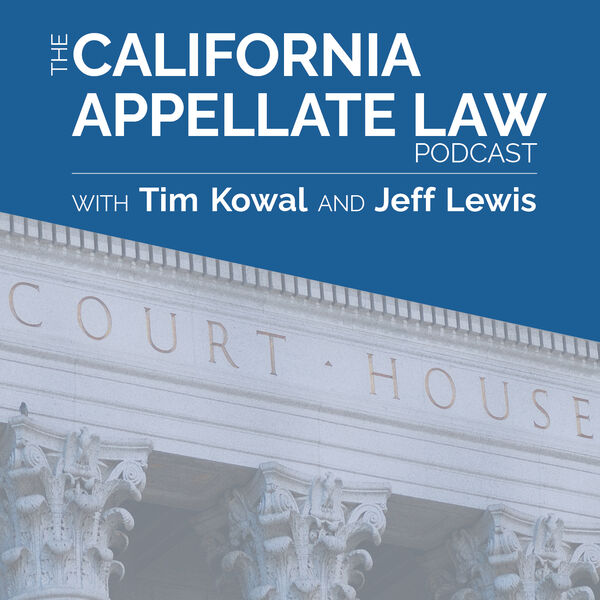
You have an avalanche of evidence for your upcoming trial. Document after document, email after email, photo after photo, and witness after witness promise to bury your opponent.
But are you overdoing it? Appellate attorney Stefan Love, drawing on the lessons from John Blumberg’s Persuasion Science for Trial Lawyers, notes that “we can’t hold on to that much information at once.”
We also relate one of the studies in Blumberg’s book about some study participants who were given a series of numbers to remember and report to scientist with a clipboard at the end of the hall. The first group did fine, but the second group were confronted with one extra bit of information before they reached the fellow with the clipboard. With brains already filled to the brim, the last bit of information made the earlier information spill out.
Lesson: There is such a thing as too much evidence. Consider carefully what it is going to take to persuade, and then stop.
Watch the clip here.
This is a clip from episode 43 of the California Appellate Law Podcast. Listen to the full episode here.